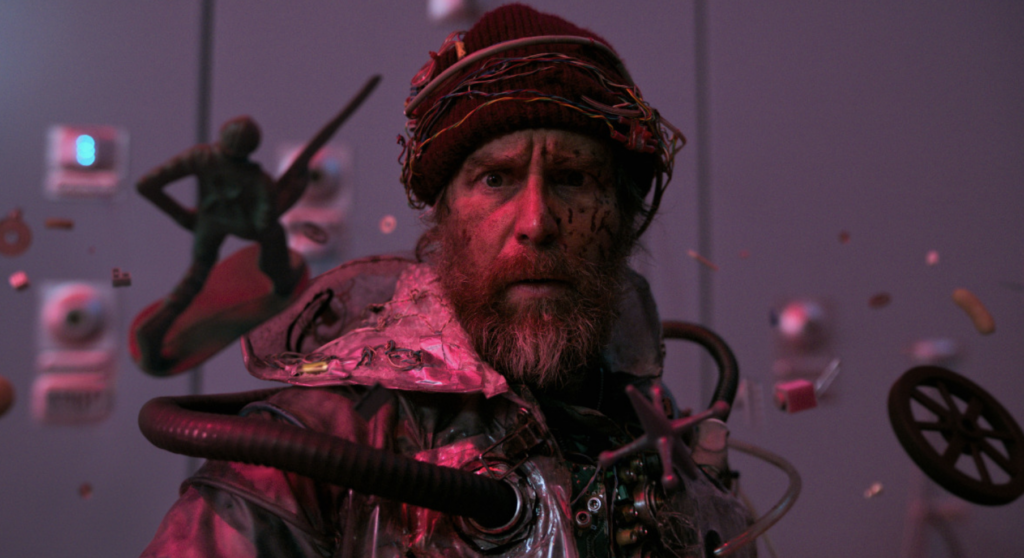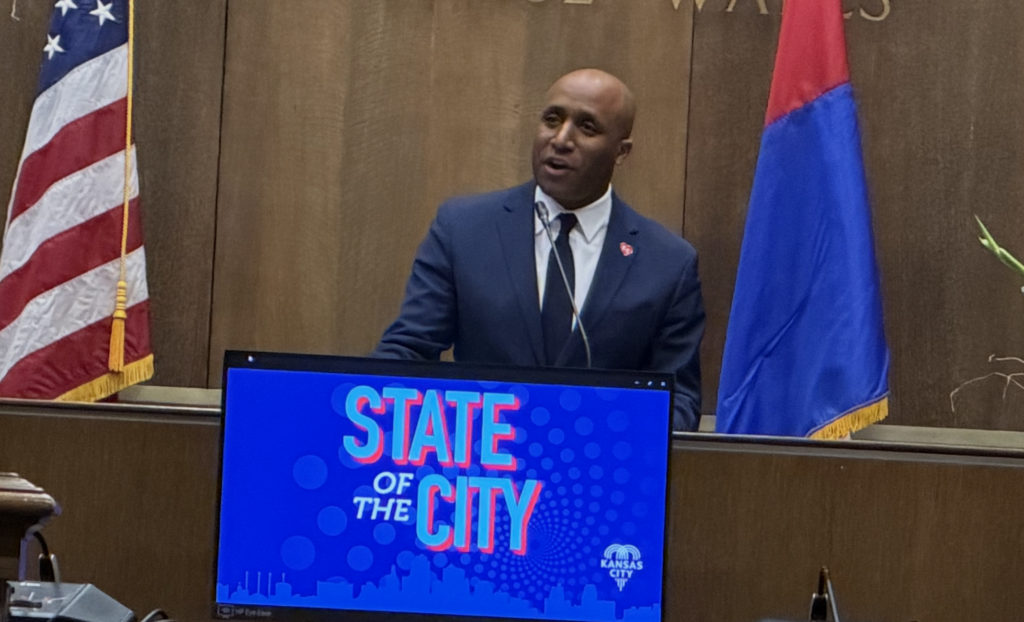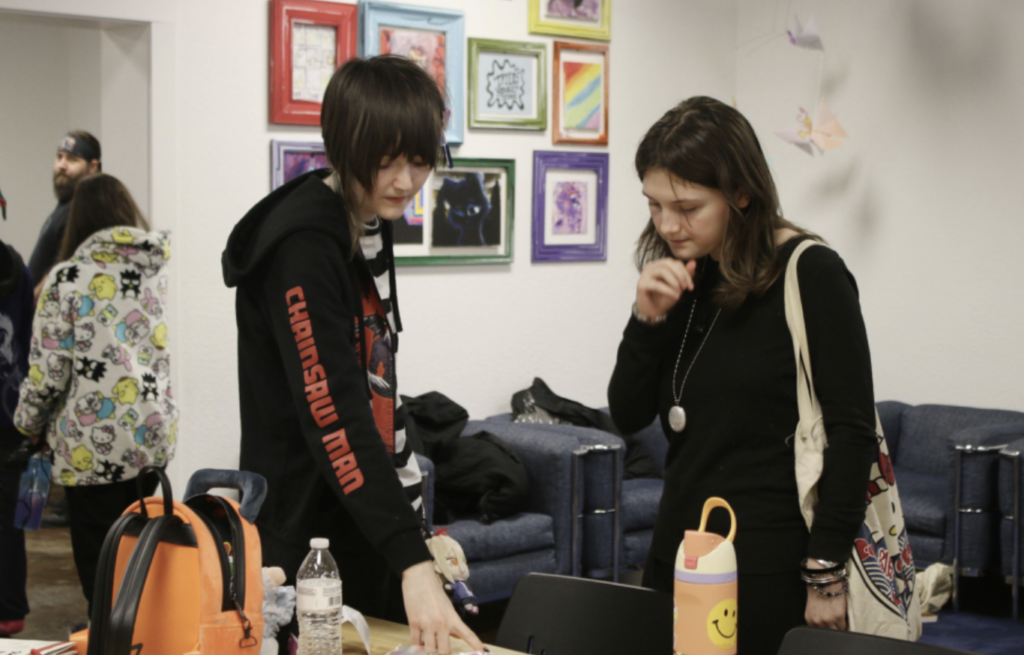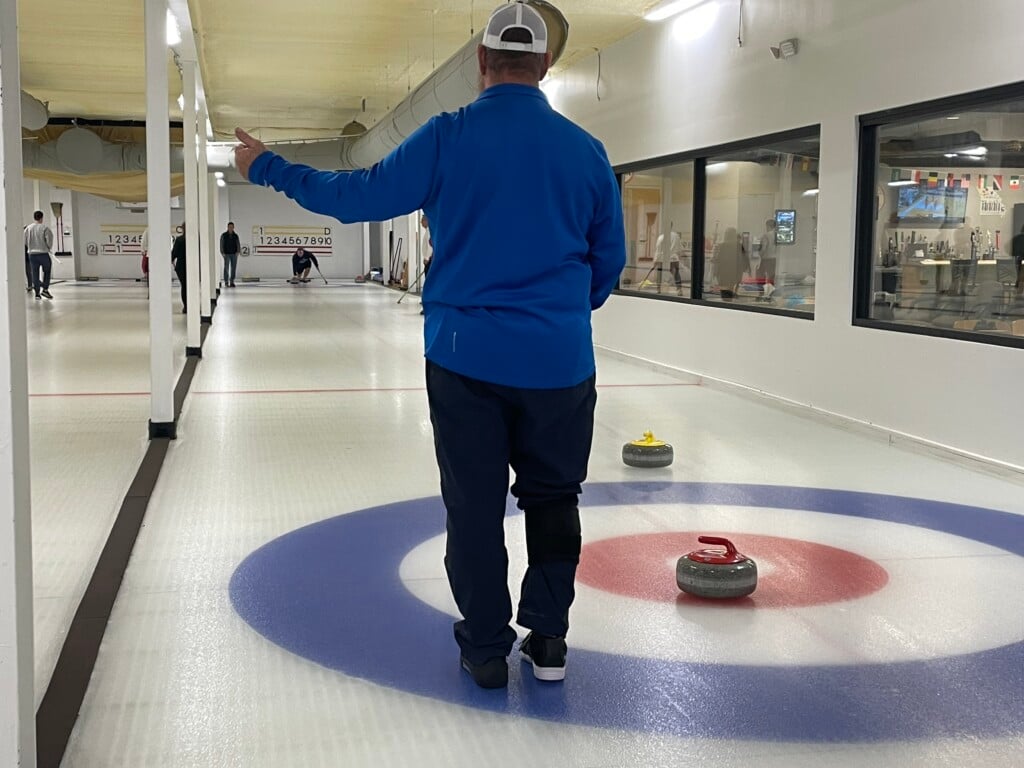Let the Music Play On

On July 23, about 300 people gathered in Washington Square Park at Grand Avenue and Main for a free concert by the Kansas City Band, a swing combo from Tokyo. For nearly 30 years, Kansas Citians have been able to enjoy free concerts in city parks. This summer has been no exception — there’s still music in the park, but Music in the Parks, the city program that made it happen, no longer exists.
“It’s dead,” says Mary Edith Lillis, director of specialized services for the Parks and Recreation Department. The concert program officially ended in May, when the city council passed a new budget that allocated no money for the free music series. Lillis has worked for the parks department for 47 years and remembers how the concerts used to be.
The first one — by Brewer and Shipley — took place at Loose Park in the summer of 1971. “They had just come out with their hit ‘One Toke Over the Line,'” says Lillis. That year the parks department sponsored only one concert, but the next summer, one took place per month. Eventually the concerts evolved into a 13-week series, every Sunday from 7 to 9 p.m. from Memorial Day to Labor Day.
“We booked heavy hitters,” says Lillis. “We had the most wonderful national acts.” At first the concerts brought to town such jazz artists as Les McCann, The Tommy Dorsey Orchestra, and Wynton Marsalis; later years saw performances by the Spinners, the Pointer Sisters, and Sister Sledge. Most of the concerts took place in Brush Creek. “Not on Brush Creek — but in the creek,” says Lillis. “The people sat in the creek and on the creek beds, and there was an old bridge where people would stand and look down. (The spot also was ideal for the concerts because, up until May 1989, Plaza stores were closed on Sundays.) All the different cultures of the city gathered together,” she says. “We had no security, and there were never any incidents.” Thousands of people attended each event.
Music in the Parks enjoyed success until the late ’80s, when the city’s budget priorities began to change. Lillis says city leaders began to allocate more funds for fixing roads, implementing and improving sewage systems, and replacing curbs and sidewalks; funding for the arts declined. “Concerts in the parks are also part of the infrastructure, but it’s a feel-good thing. As the budget got tighter and tighter we had to cut back and attempt to find sponsors.”
At the same time, national acts became more costly. And the Sunday concert series began to face direct competition from the Reggae Festival, the 18th and Vine Jazz Heritage Festival, the jazz festival and the blues festival (which eventually combined into one event), and the Spirit Festival. Not only did the series have to compete for an audience, but it also had to compete for sponsorship. Parks and Recreation staff members, Lillis says, “weren’t prepared to be in the concert-promotion business.”
In a 1988 attempt to gain support from the city council, organizers decided to hold at least one concert in each of the six districts, at such locations as Hidden Valley Park, the Benton and Brush Creek Amphitheatre, and Penguin Park in North Kansas City.
“We became like a gypsy caravan,” says Lillis. “If people could find us they could enjoy. But people don’t plan that way. It’s not easy trying to figure out what park the concert is going to be held at each week. People get lazy and will opt for other choices.”
Unable to book national acts, series organizers started booking regional and local acts, such as Ida McBeth, Sonny Kenner, and Green Card, but the artists did not have the same mass appeal. By the late ’90s, fewer than a hundred people regularly attended the concerts. The low attendance figures ultimately led to the program’s elimination.
This year’s concerts in Washington Square Park have been part of Lillis’ efforts to provide free, family-oriented entertainment. Her department has used approximately $6,000 left over from its 1999-2000 budget to pay for sound and lights for six concerts this summer. The Blues Society, Blue Cross and Blue Shield, Hot 103 Jamz, and the Blues and Jazz Festival have paid for artists, portable toilets, and marketing for the series, which now is called Blue Sunday — reflecting the series’ emphasis on local and regional blues artists. (Tokyo’s Kansas City Band was an exception; the group was already in town to play for the Blues and Jazz Festival.) “The Blues Society got involved when we heard that the funding for Music in the Parks was going to get cut,” says society president Jim Fogo. “We want to restore the concert series to the way it was when it was a vibrant and family-oriented event that attracted thousands of people.”
With a capacity of around 2,000 people, “the park isn’t big enough to accommodate the large crowds that would gather if we booked national acts. But it works well for our new format, and it is surrounded by Crown Center, Union Station, and the Liberty Memorial, which all already attract people to the area.” So far, attendance has been light, but organizers say the small crowds have grown each week. The Waxed Tadpoles perform August 6.
“We understand that times change and the taste of the audiences change,” Lillis says. “Nothing stays the same, and it can’t.” However, she says, “We felt obligated to the community and still wanted to provide free live music in the park because it’s a part of the city’s fabric.”
As Fogo notes, “The concerts make the city a more livable place.”




